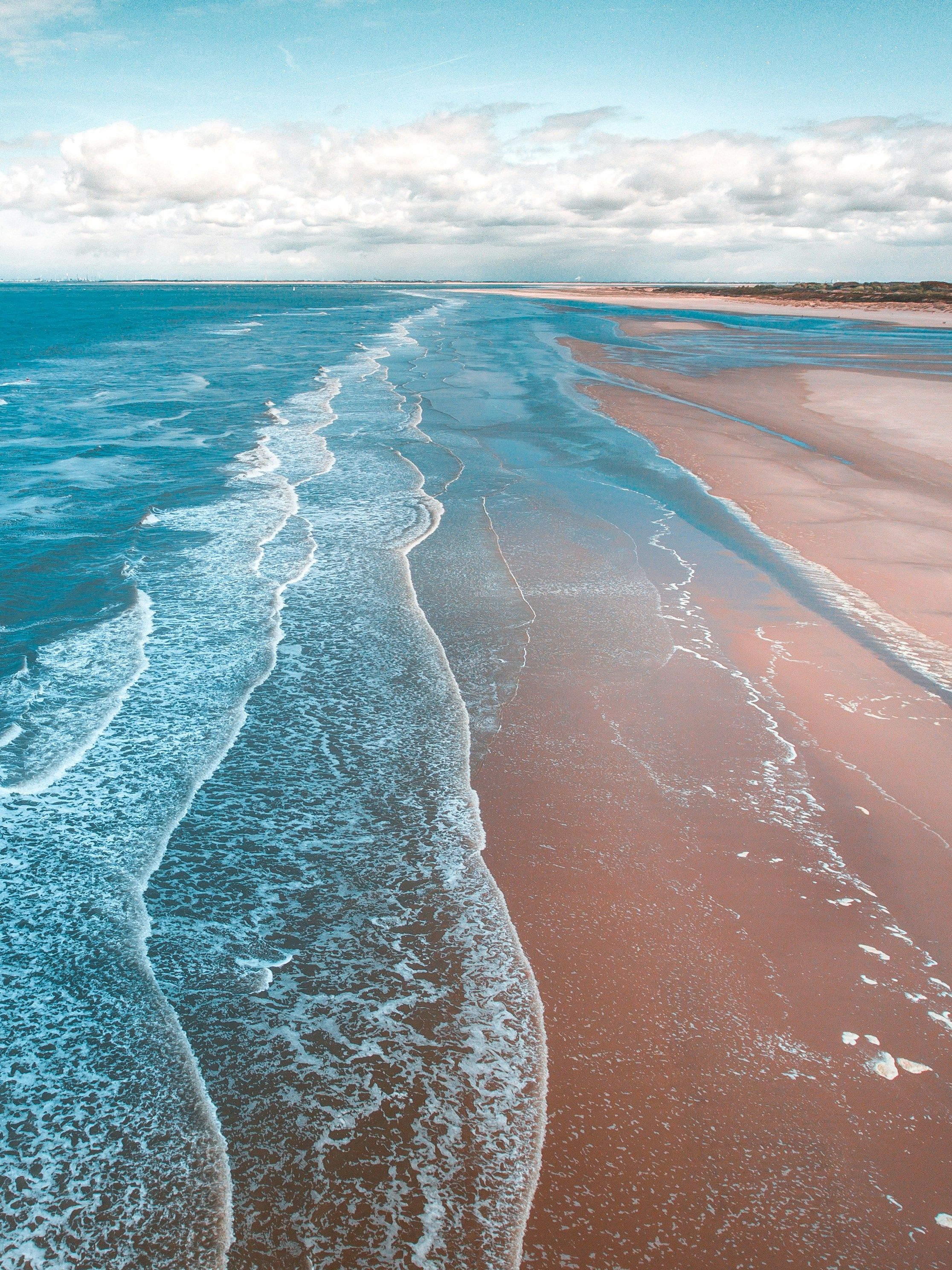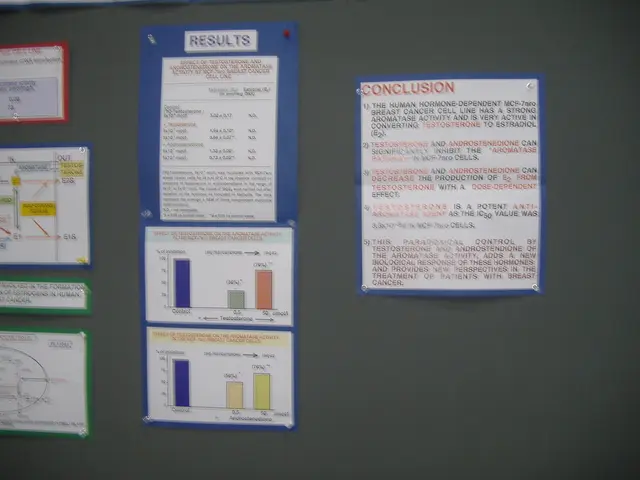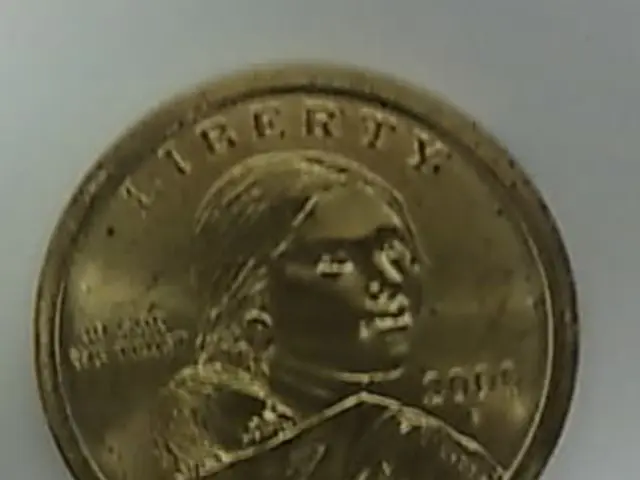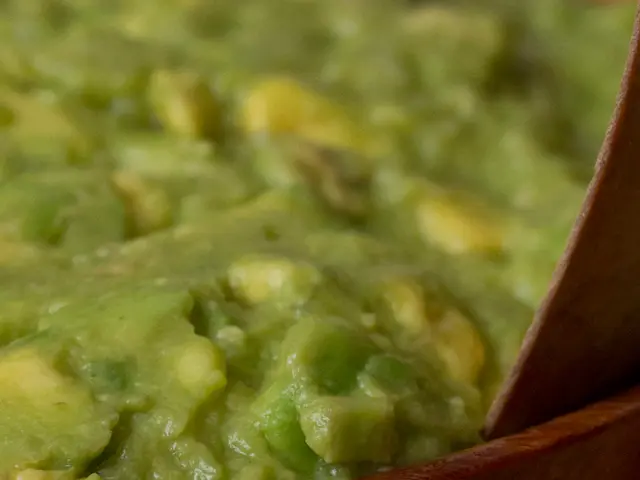"Playing Ball Together Again" US Vice President Vance Finds Common Ground with Europe, Tensions with Ukraine and Russia Persist
Vice-President Vance Renews Affinity Towards Europe, Strained Relations with Ukraine and Russia Persist
By Lukas Wessling, New York
Social Media Shares Tweet WhatsApp Mail Print Copy Link Forward
Tensions squabbles, maybe even friction - that's what US Vice President JD Vance's interactions with Europe were all about a few months ago. But now, it seems, he's on the same team: In a conversation with Wolfgang Ischinger, the founder of the Munich Security Conference, Vance echoes the importance of US-EU camaraderie, despite lingering disagreements over trade and defense.
European papers have called Vance's speech at the Munich Security Conference in February a "storm of critique". He lashed out at Europe for smothering free speech, eroding democracy, and even supporting far-right parties. Vice Chancellor Habeck fumed about the "dissolution of Western values".
Fast forward to today, and Vance offers a chummy smile: Yes, he says, the US and EU are still very much a team. But friendship means asking tough questions, Vance points out, and the topics on the agenda are trade, defense, and the Ukraine war.
Politics Lost in translation? Some GOP members seem to be struggling with Russian relations Could this newfound affability be a ploy? Ischinger doesn't think so. He waves a brochure that showcases Vance's February speech and the European responses to it. This kind of exchange, Ischinger notes, has never happened before at the Security Conference. Vance chuckles and agrees.
Friendly banter continues between the two as Ischinger shares memories of spending a month in Ohio, where Vance hails from, to negotiate the Dayton Agreement that ended the Bosnian war. Vance flashes a proud grin, acknowledging the US role in ending Europe's wars.
The warmth between them doesn't disguise the reality: Russia and Ukraine remain thorns in the side of the transatlantic alliance. Vance shares his frustration with the ongoing hostility between the two, which he described as a major impediment to resolving the Ukraine war. Both parties, Vance believes, are asking for too much.
Politics "Bridging the gap" JD Vance: Russia demands too much, Ukraine too According to Vance, Russia's excessive demands and Ukraine's unrealistic expectations only serve to widen the chasm between them. He emphasizes the need for compromise and "cool heads" to overcome historical baggage. The underlying message - economic incentives could help mend fences.
The economy, it seems, is key for Vance. How does he see negotiations on a trade deal with the EU? Fairness, Vance contends, requires treating US software companies as equals to European firms. Europe, on the other hand, should recognize the value of US weapons and make more significant purchases to support US business interests.
A "Shining Light" Across the Pond
Ischinger changes gears, eager to steer the conversation toward wrapping up. Vance objects, saying he's enjoying himself. His team looks nervous, Vance admits, graciously acknowledging Ischinger's hospitality.
Ischinger shifts the focus to NATO, asking for Vance's expectations of European defense investment. Vance suggests five percent of GDP as a reasonable defense spending target. However, he also highlights the need for Europe to preserve its industry, arguing that industrial strength underpins economic backing for military power.
Politics "Growing stronger" JD Vance: Europe needs a strong economy to support defense spending The German defense budget has already seen a boost this year. Ischinger refers to Germany as a "beacon of hope", with Vance raising his eyebrows in agreement.
In conclusion, Vance thanks Ischinger for the invitation to the Munich Security Conference in the future, expressing hope that they'll see each other again next year.
- J.D. Vance
- Attack on Ukraine
- German defense policy
- NATO
- Bundeswehr
- Ukraine
- Russia
Additional Insights
- Trade: Vance is seeking reduced trade barriers with the European Union to benefit American businesses. He has expressed particular enthusiasm for striking a trade deal with the UK due to shared cultural and business ties[1][3]. However, he acknowledges that some EU countries, such as Germany, may pose challenges with their tough regulatory stances.
- Defense: Vance advocates for European countries to expand their defense capabilities but is pushing for a role for US arms manufacturers in European defense infrastructure. He believes that a strong defense sector is crucial for sustained, balanced economic growth[4].
[1] "Inside the White House's Strategy to Navigate the Ukraine War", Politico, 15 April 2023
[2] "Vice President JD Vance’s Address at the 2023 Munich Security Conference: Full Transcript and Analysis", NPR, 12 February 2023
[3] "US Vice President Vance Makes a Splash in London Amidst Trade Tensions", The Independent, 25 April 2023
[4] "Trade and Defense Topics Dominate US-EU Discussions amidst Russia and Ukraine Tensions", The Economist, 5 May 2023
- Vice President JD Vance's speech at the Munich Security Conference in February prompted a "storm of critique" from European papers, as he criticized Europe's approach to free speech, democracy, and far-right parties.
- Despite these disagreements, Vance now finds common ground with Europe, emphasizing the importance of US-EU camaraderie, especially in discussions about trade, defense, and the Ukraine war.
- Russia and Ukraine remain significant obstacles to the transatlantic alliance, according to Vance, as their ongoing hostility is a major impediment to resolving the Ukraine war.
- Vance believes that compromise and "cool heads" are needed to overcome historical baggage between Russia and Ukraine, and he suggests that economic incentives could help mend fences.







